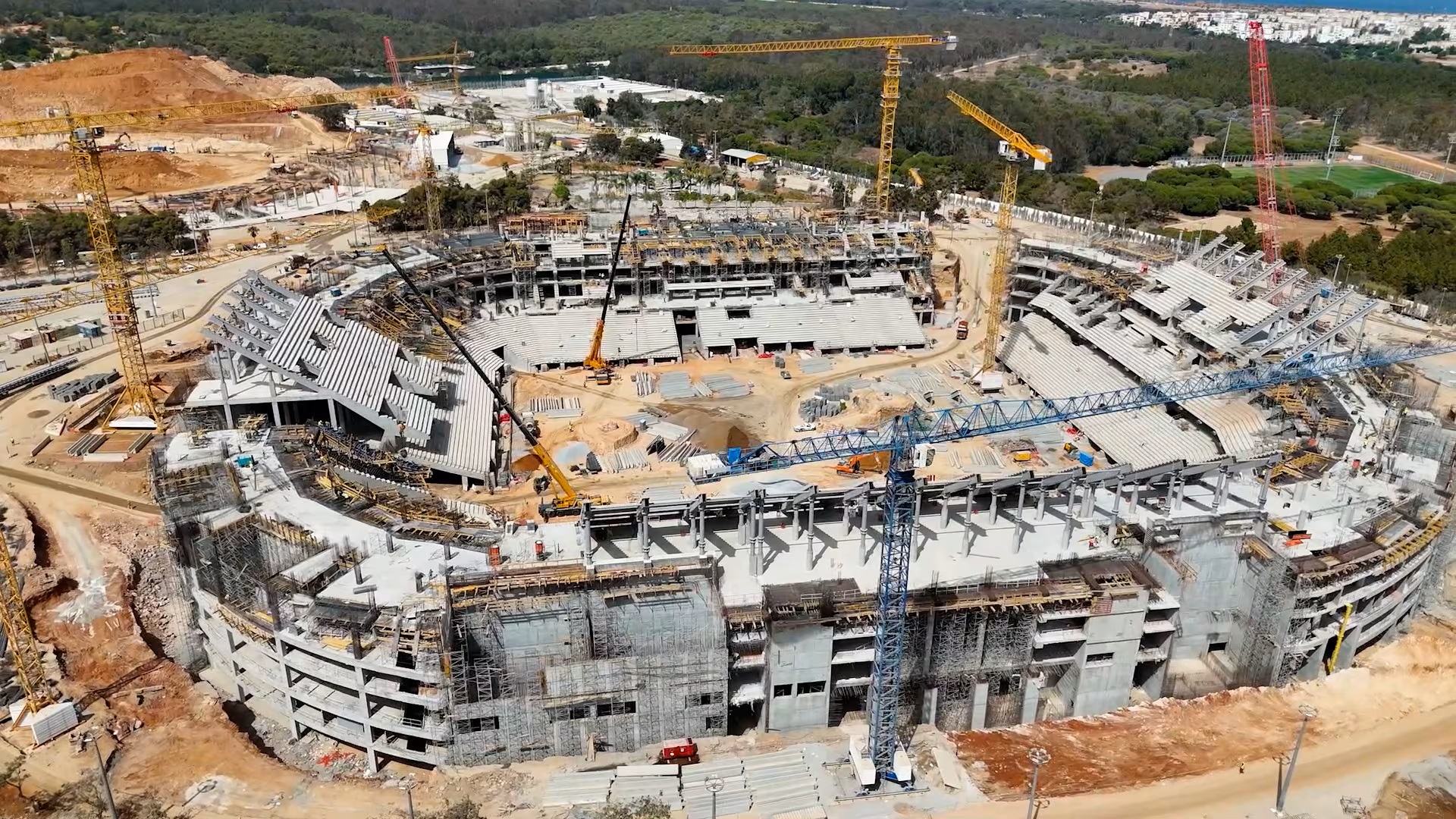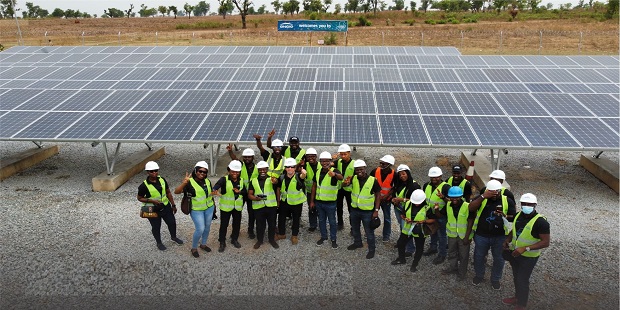








PROJECTS
Project development involves the systematic process of planning, executing, and managing projects from inception to completion. It ensures that project objectives are achieved within scope, time, and budget constraints. Here’s a detailed breakdown of the project development process:
- Project Initiation
- Concept Development : Identifying the project idea, its goals, and its alignment with organizational strategy.
- Feasibility Study : Assessing the technical, economic, and operational feasibility of the project.
- Project Charter : Documenting the project’s purpose, objectives, scope, stakeholders, and high-level requirements.
- Project Planning
- Scope Definition : Detailing the project’s deliverables, boundaries, and objectives. Creating a Work Breakdown Structure (WBS) to break down the project into manageable sections.
- Schedule Development : Establishing a timeline with milestones and deadlines using tools like Gantt charts or critical path methods.
- Budgeting : Estimating costs, creating a budget plan, and defining resource allocation.
- Risk Management : Identifying potential risks, analyzing their impact, and developing mitigation strategies.
- Resource Planning : Determining the resources required, including human, financial, and material resources.
- Project Execution
- Task Assignment : Allocating tasks to team members according to their skills and the project’s requirements.
- Coordination : Managing team collaboration, communication, and ensuring that resources are used effectively.
- Monitoring and Control : Tracking project progress, performance, and quality. Using Key Performance Indicators (KPIs) and other metrics to ensure the project stays on track.
- Change Management : Handling changes to the project scope, schedule, or resources, and managing the impact of these changes.
- Project Monitoring
- Progress Tracking : Regularly reviewing project performance against the plan, including schedule, budget, and quality.
- Reporting : Providing updates to stakeholders through status reports, dashboards, and meetings.
- Issue Resolution : Addressing and resolving any issues or obstacles that arise during the project.
- Project Closing
- Completion : Finalizing all project deliverables and ensuring that they meet the agreed-upon requirements and standards.
- Evaluation : Conducting a post-project review to assess performance, identify lessons learned, and document best practices.
- Handover : Transitioning deliverables to the client or operational team and ensuring that all contractual obligations are met.
- Closure Documentation : Compiling final reports, financial documents, and closing out project records.
- Post-Project Review
- Lessons Learned : Analyzing what went well and what could be improved for future projects.
- Knowledge Transfer : Sharing insights and experiences with other teams or projects to enhance organizational knowledge.
Tools and Techniques
- Project Management Software : Tools like Microsoft Project, Asana, or Trello for task management, scheduling, and collaboration.
- Financial Software : Tools for budgeting and cost tracking, such as QuickBooks or SAP.
- Risk Management Tools : Techniques for identifying and assessing risks, like risk matrices and risk management software.
- Communication Tools : Platforms like Slack or Microsoft Teams for team communication and collaboration.

Project development is a critical process in delivering successful projects, requiring careful planning, execution, and management to meet objectives and stakeholder expectations.
If you need more detailed information on any specific aspect of project development, feel free to ask !
Z-ISLAND PROJECT
Our Strategic Partnership Process
- Project Feasibility Analysis :
- Economic Feasibility : In-depth cost-benefit analysis, including Return on Investment (ROI), Net Present Value (NPV), and Internal Rate of Return (IRR) calculations. - Technical Feasibility : Assessment of technology requirements, compatibility, and integration challenges. - Operational Feasibility : Evaluation of organizational capability, including human resources, processes, and systems.
- Stakeholder Analysis :
- Stakeholder Mapping : Identifying and categorizing stakeholders based on their influence and interest. - Engagement Strategy : Developing a stakeholder engagement plan to manage expectations and communication.
- Advanced Scheduling Techniques :
- Critical Path Method (CPM) : Analyzing the longest sequence of dependent tasks and optimizing schedules to prevent delays. - Program Evaluation and Review Technique (PERT) : Using probabilistic time estimates to account for uncertainty in task durations.
- Budgeting and Financial Planning :
- Earned Value Management (EVM) : Tracking project performance using metrics like Cost Performance Index (CPI) and Schedule Performance Index (SPI) to forecast future performance. - Cost-Benefit Analysis (CBA) : Detailed analysis comparing the projected benefits against the costs to validate financial viability.



